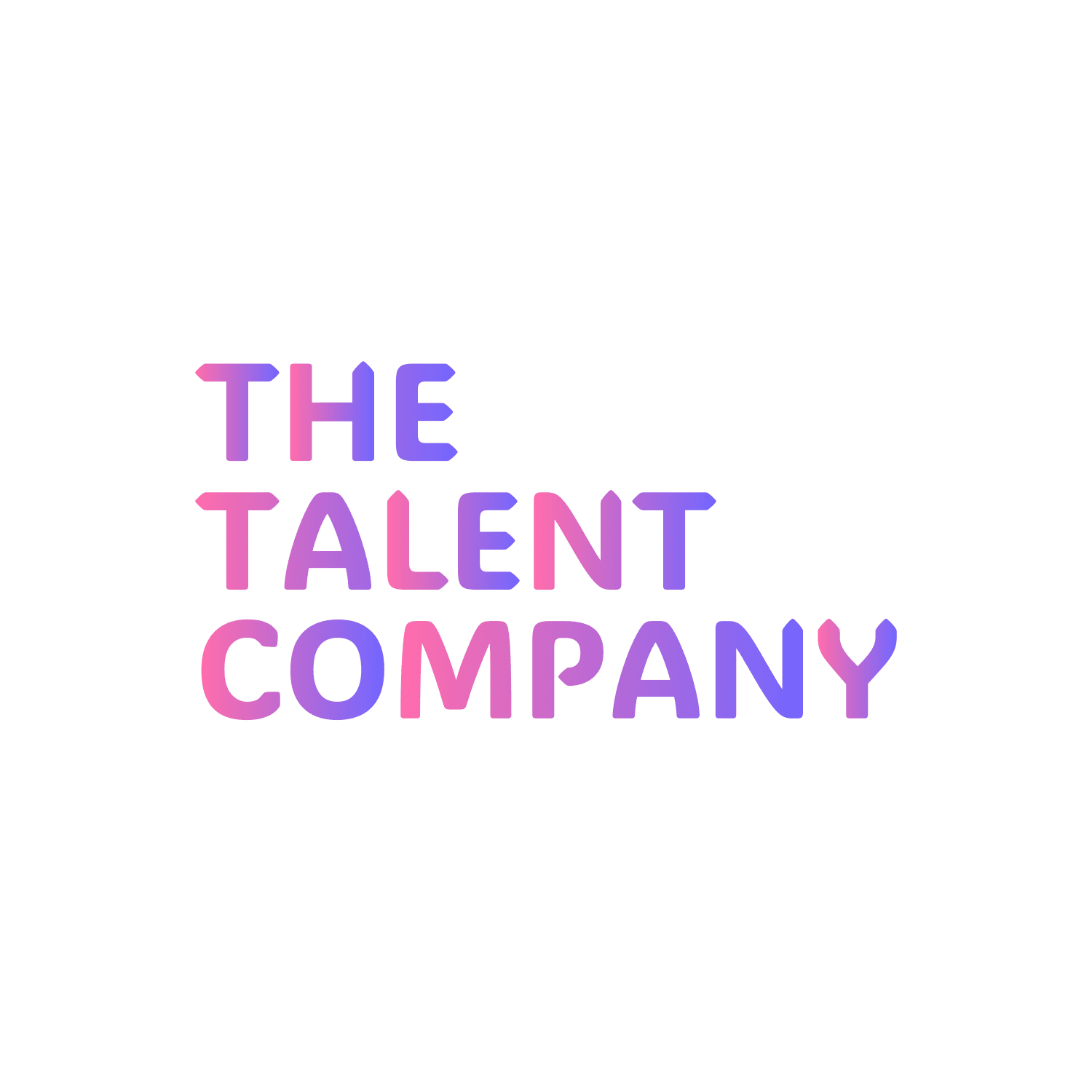Conducting a technical interview is a crucial task that can shape the future of an organization. To do it well, a technical interviewer needs a strong grasp of technical concepts as well as the skill to evaluate a candidate’s abilities and potential accurately. This process combines both art and science, requiring careful preparation and empathy. By understanding the candidate’s background, assessing their problem-solving skills, and evaluating their cultural alignment, interviewers can make impactful hiring decisions. Through thoughtful discussions and structured evaluations, an effective interviewer succeeds in identifying top talent.
Importance of Being an Effective Technical Interviewer
The role of a technical interviewer goes beyond simply asking the right questions. It entails selecting candidates who not only possess the required skills but also align with the company’s culture and values. In a competitive job market, an effective interviewer plays a pivotal role, as each hiring decision profoundly influences team dynamics and drives organizational growth.
Enhancing the Hiring Process
A well executed technical interview transforms the hiring process, optimizing efficiency and conserving valuable time and resources. By establishing clear objectives and employing a structured evaluation framework, interviewers can hone in on essential skills while minimizing the influence of biases. This disciplined approach not only reduces the risk of hiring unqualified candidates but also ensures top talent isn’t missed.
- Efficiency: Streamlined interviews quickly pinpoint critical competencies.
- Consistency: A structured process guarantees fair evaluation for all candidates.
- Bias Mitigation: Objective criteria help eliminate unconscious biases.
Aligning Candidates with Company Culture
Identifying a candidate with the right technical skills is just one part of the equation. An effective interviewer must also evaluate cultural fit, which involves aligning the candidate’s work style with the company’s values and ethos. Hiring individuals who resonate with the organization’s culture fosters stronger team dynamics, higher job satisfaction, and long-term success.
- Cultural Alignment: Candidates who share the company’s values integrate seamlessly into teams.
- Employee Retention: A strong cultural fit reduces turnover by encouraging long-term commitment.
- Workplace Harmony: Aligned teams promote productivity, collaboration, and morale.
Crafting Relevant Technical Questions
The questions you ask should directly correlate with the skills and tasks outlined in the job description. This relevance helps to asseverate whether candidates possess the desired skills. Technical questions should test problem solving abilities and depth of understanding while also evaluating a candidate’s approach to challenges.
- Specificity: Questions should be precise to test relevant knowledge.
- Comprehensiveness: Cover a range of topics to evaluate all necessary skill areas.
- Flexibility: Be ready to dive deeper into areas where the candidate shows either strength or weakness.
Setting Evaluation Criteria
Establishing clear evaluation criteria is essential for accurately assessing candidates. Without defined benchmarks, evaluations risk becoming inconsistent and subjective, potentially leading to biased decisions. These criteria should align with the skills, experiences, and personal qualities required for the role.
- Objectivity: Quantifiable metrics ensure fair and unbiased assessments.
- Comparability: Standardized criteria simplify the process of evaluating and comparing candidates.
- Feedback: Clear criteria provide a foundation for offering constructive feedback to all candidates, regardless of the outcome.
In summary, becoming an effective technical interviewer requires meticulous preparation and thoughtful execution. By refining the hiring process, aligning candidates with company culture, and adhering to structured evaluation practices, interviewers can greatly enhance their ability to identify the ideal fit for their team.
Conducting the Interview: A Human Centered Approach
An interview is more than a formal assessment, it’s a shared experience that can shape both the candidate’s perception of your company and the future of your team. Beyond asking questions, a great interviewer fosters an environment of trust, engagement, and mutual respect. By balancing empathy with precision, you can uncover not only a candidate’s qualifications but also their potential to thrive within your organization.
Creating an Inviting Atmosphere
The tone you set at the beginning of the interview can influence the entire conversation. A welcoming environment helps candidates feel at ease, enabling them to present their best selves.
- Start with Authentic Connection: Begin with a warm introduction that goes beyond formality. Share a little about yourself and your role, creating a sense of relatability and breaking initial tension.
- Clarify Expectations: Walk candidates through the structure of the interview. Knowing what lies ahead reduces anxiety and fosters confidence.
- Foster Comfort Through Positivity: Your demeanor matters. A friendly tone, open body language, and active engagement signal that you’re invested in their success.
Engaging Through Active Listening
Great interviews are conversations, not interrogations. Active listening not only helps you better understand the candidate but also demonstrates respect for their experiences and perspectives.
- Be Fully Present: Eliminate distractions and focus entirely on the candidate’s responses. This attentiveness shows that their insights are valued.
- Ask Thoughtful Follow-Ups: If something isn’t clear, use follow up questions to dig deeper. Phrases like, “Could you walk me through that?” or “What led you to that decision?” encourage meaningful dialogue.
- Reaffirm Understanding: Paraphrase key points to confirm clarity and show genuine engagement. This practice builds trust and ensures alignment in communication.
Evaluating Problem Solving and Technical Skills
While technical expertise is essential, understanding how a candidate approaches challenges reveals much more about their potential as a team member.
- Present Real World Challenges: Opt for practical scenarios tied to the role instead of abstract puzzles. This approach provides insight into how candidates might handle actual job responsibilities.
- Explore Their Thinking Process: Encourage candidates to articulate their thought process as they solve problems. This reveals their analytical approach, creativity, and adaptability under pressure.
- Focus on Both Process and Outcome: While the final solution matters, how they arrive there, through logic, collaboration, or resourcefulness is equally telling of their capabilities.
Balancing Soft Skills with Technical Proficiency
A successful hire isn’t just about technical expertise; it’s about finding someone who enriches your team dynamic and aligns with your company’s values.
- Assess Communication Skills: Pay attention to how candidates articulate ideas and respond to questions, clear communication is critical for collaboration.
- Evaluate Cultural Fit: Consider whether their work style and values align with your organization’s ethos. A strong cultural fit often results in higher engagement and retention.
- Gauge Adaptability: Look for signs of flexibility and openness to new challenges, traits essential for navigating today’s dynamic work environments.
Making Thoughtful Hiring Decisions
The final step in the process is translating observations into fair, objective decisions that serve both the candidate and your organization.
- Use Structured Evaluation Criteria: Rely on predefined metrics to assess key areas like technical skills, problem solving ability, communication, and cultural fit. This reduces subjectivity in decision making.
- Incorporate Diverse Perspectives: Gather feedback from all interviewers involved in the process to ensure a well rounded evaluation of each candidate’s strengths and areas for growth.
- Think Beyond Immediate Needs: Consider not only how well the candidate fits the current role but also their potential to grow within the company over time.
A Holistic Approach to Interviewing
At its core, an interview is an opportunity to connect with another person to understand their journey, skills, and aspirations while envisioning how they might contribute to your team’s success. By creating an empathetic environment, listening actively, evaluating thoughtfully, and aligning decisions with long term goals, you can transform the hiring process into a meaningful experience for both parties and secure talent that will truly make an impact.
The technical interview might feel like the finish line, but the real work begins once the conversation ends. The post interview process is where thoughtful decisions take shape. By approaching it with care and structure, you not only ensure fairness and clarity but also honor the effort and vulnerability each candidate brings to the table. A well handled post-interview process isn’t just about choosing the right person it’s about creating a respectful and meaningful experience for everyone involved.
Providing Constructive Feedback: A Moment to Empower Growth
The interview doesn’t end when the candidate leaves the room—it extends into the feedback you provide. Constructive feedback is more than a professional courtesy; it’s an opportunity to contribute to someone’s growth, whether or not they join your team. It’s a chance to honor their effort, guide their development, and leave a lasting impression of respect and care.
- Be Thoughtfully Specific: Avoid vague comments like “great communicator” or “needs improvement.” Instead, reference specific moments from the interview—pointing out how they excelled in problem-solving or where they could refine their technical approach. This clarity makes your feedback actionable and meaningful.
- Be Prompt and Respectful: Timely feedback shows you value the candidate’s time and effort. Delays can feel dismissive, while prompt responses create a sense of closure and professionalism.
- Be Balanced and Encouraging: Highlight both strengths and areas for growth. Even the most promising candidates benefit from constructive insights, while those who weren’t selected deserve encouragement to keep improving.
Providing feedback with empathy transforms what could feel like rejection into a moment of empowerment. It reflects your commitment to fostering growth—not just for your organization but for the broader professional community.
Debriefing with Your Team: Building Consensus Through Collaboration
The moments after an interview are just as important as the interview itself. Debriefing with your team creates space for reflection, collaboration, and alignment, ensuring that every voice is heard and every perspective considered.
- Value Diverse Insights: Each interviewer brings a unique lens—some may focus on technical expertise, while others assess cultural fit or communication skills. Gathering these varied perspectives provides a more holistic view of the candidate.
- Encourage Honest Dialogue: Create an environment where team members feel comfortable sharing both praise and concerns. Open discussions often reveal nuances that might otherwise be overlooked.
- Strive for Alignment: While differing opinions are natural, aim to reach a shared understanding of the candidate’s potential contributions and any reservations that need addressing. Consensus strengthens confidence in the final decision.
Debriefing isn’t just about choosing the right person—it’s about reinforcing fairness and collaboration within your hiring process.
Conclusion: Redefining Success in Technical Interviews
Being an effective technical interviewer is about more than evaluating skills—it’s about creating an experience that reflects your organization’s values while respecting the individuality of each candidate. Every interaction is an opportunity to build trust, foster growth, and strengthen your team.
- Lead with Empathy: Approach each interview as a conversation, not a test. Listen actively, give candidates space to express themselves, and treat them with respect throughout the process.
- Provide Meaningful Feedback: Whether positive or constructive, feedback should leave candidates feeling valued for their effort and equipped for future opportunities.
- Learn from Every Experience: Each interview is a chance to refine your approach—whether it’s improving your questions, reducing bias, or enhancing collaboration with your team.
Ultimately, a successful interview process is one where candidates walk away feeling respected, even if they aren’t selected, and where your team feels confident in its decisions. By blending technical expertise with human connection, you create a hiring process that attracts top talent while leaving a positive impact on everyone involved.
Happy Hiring 👍





